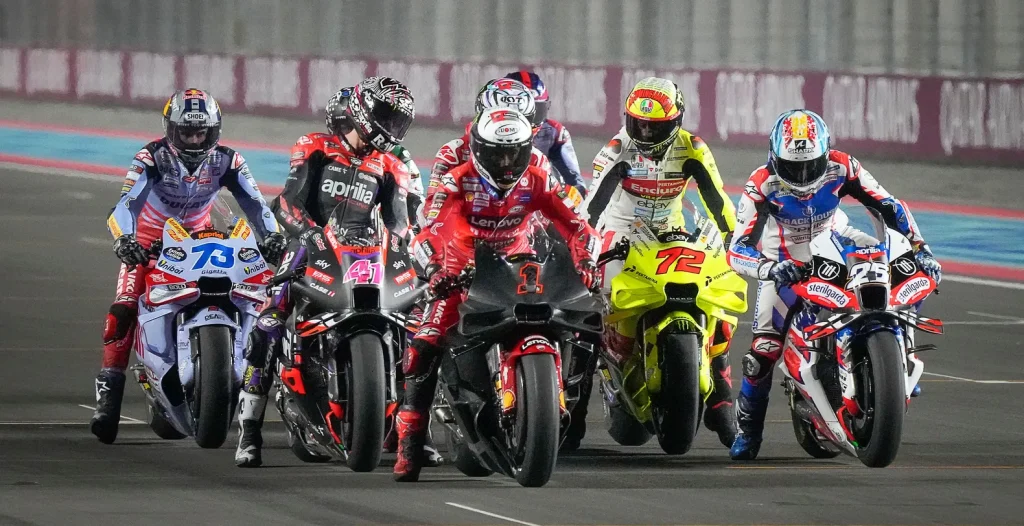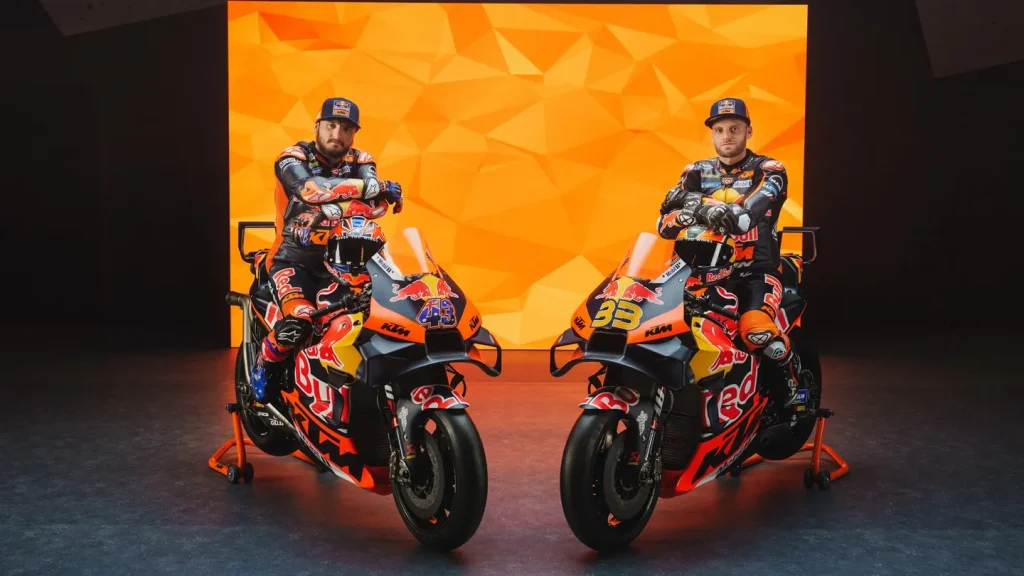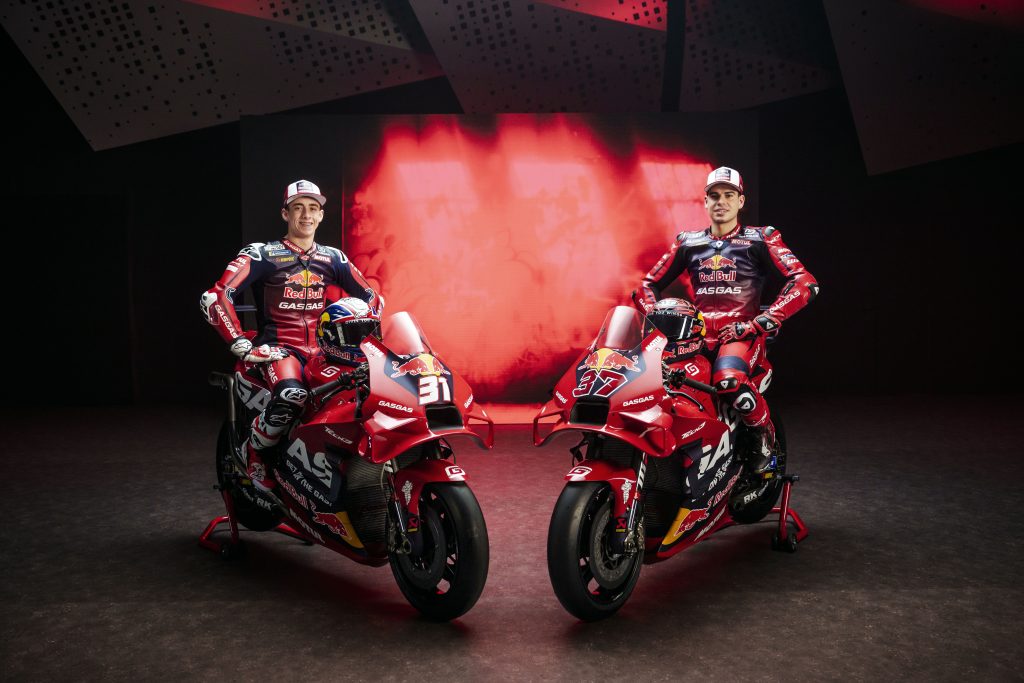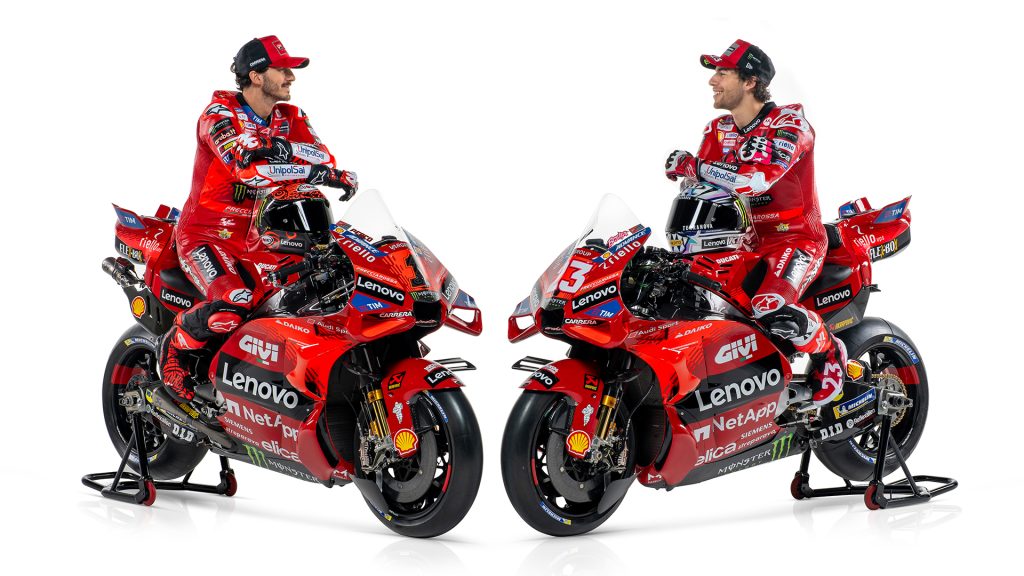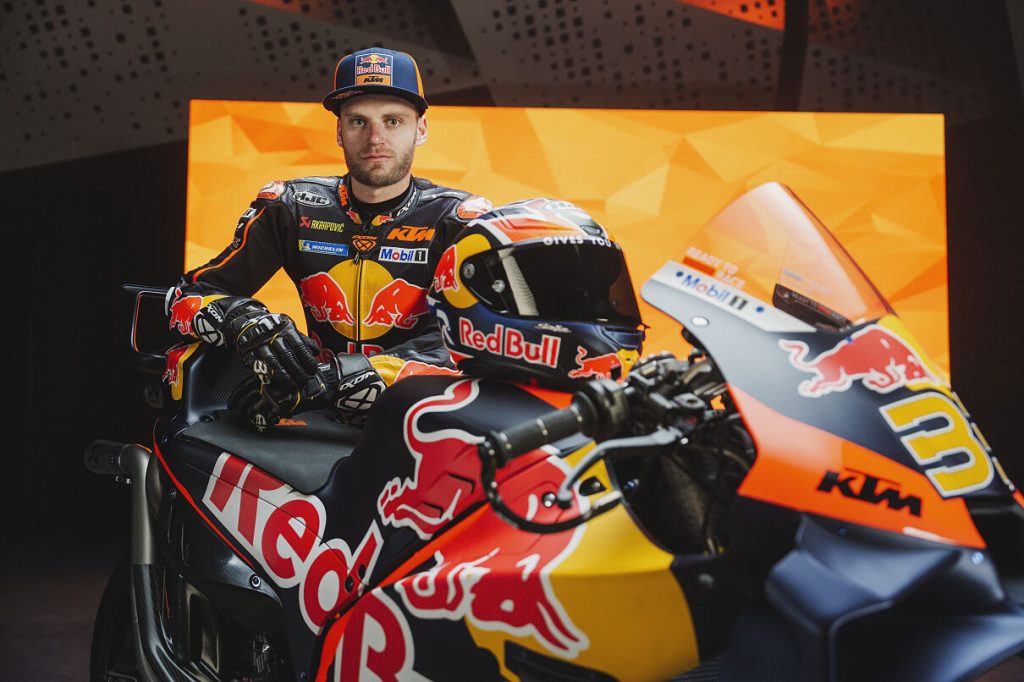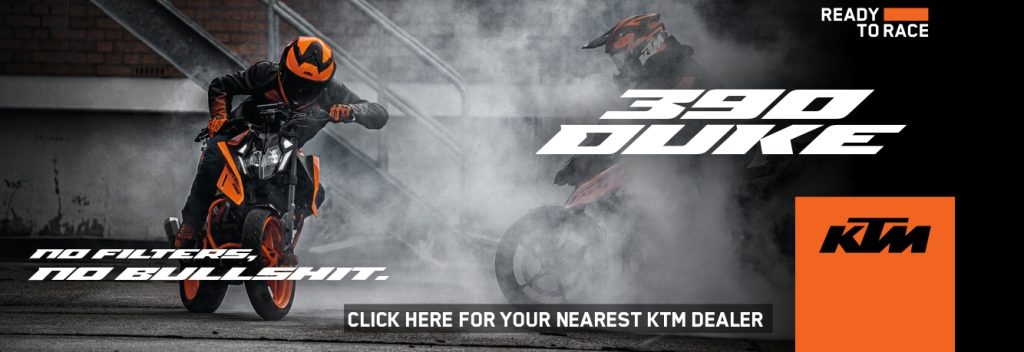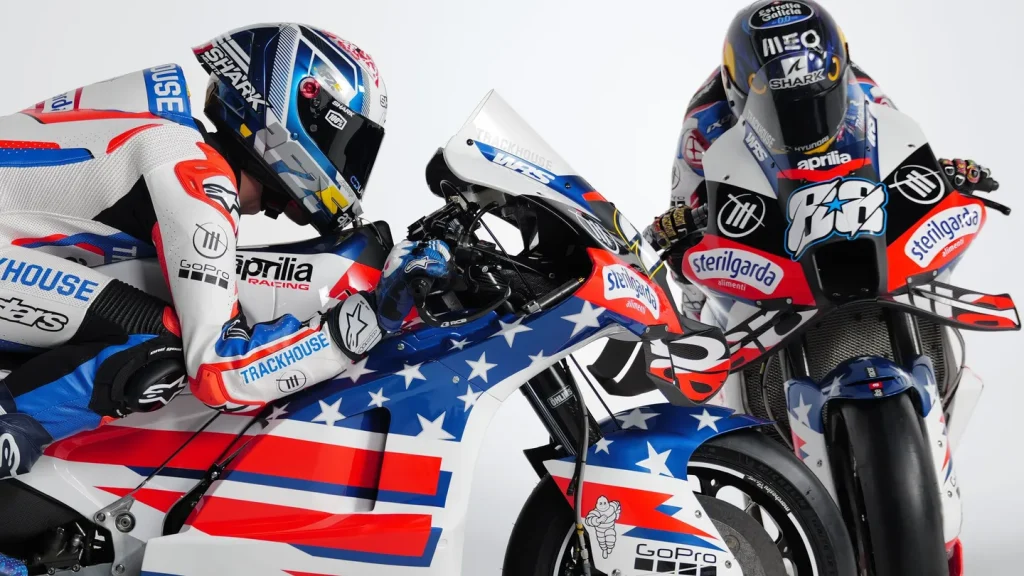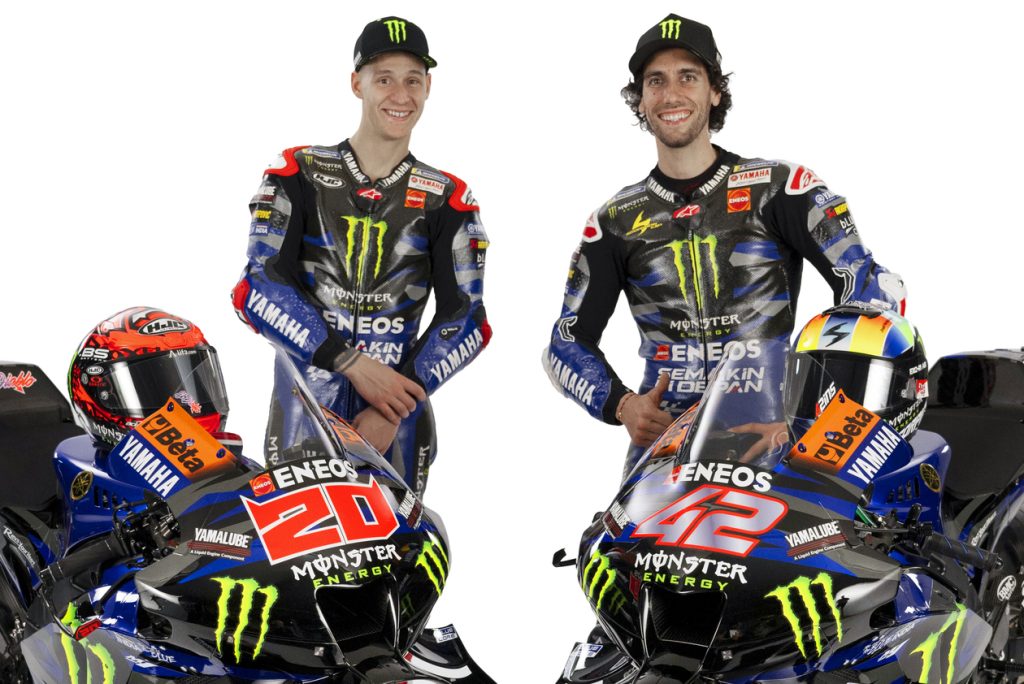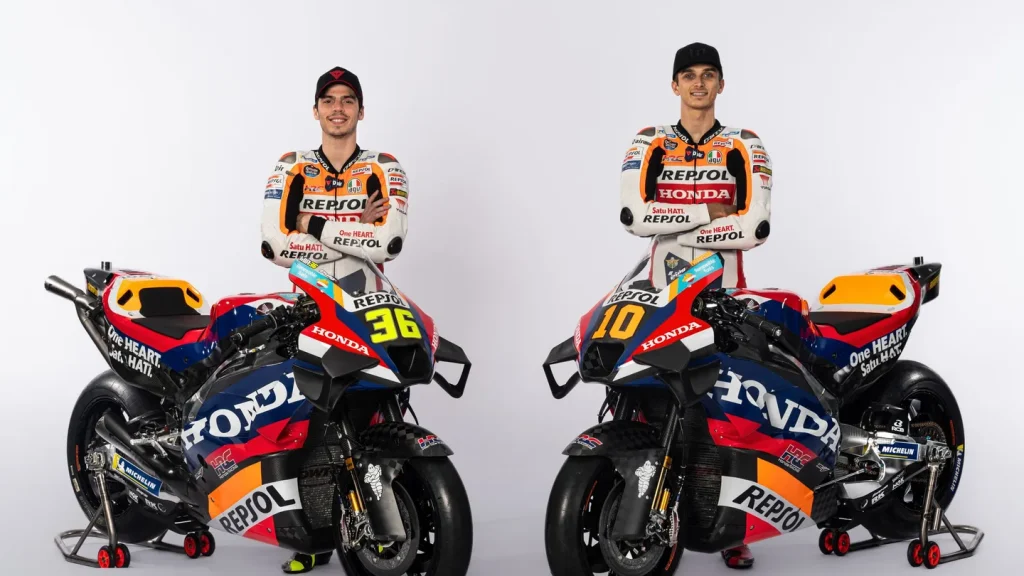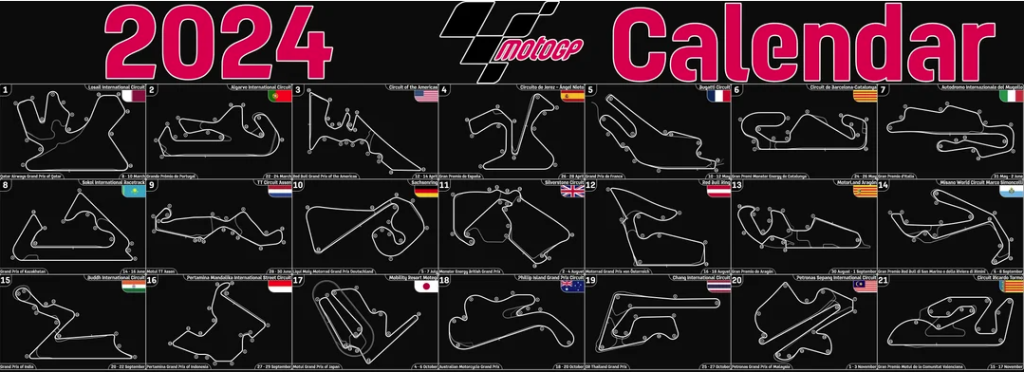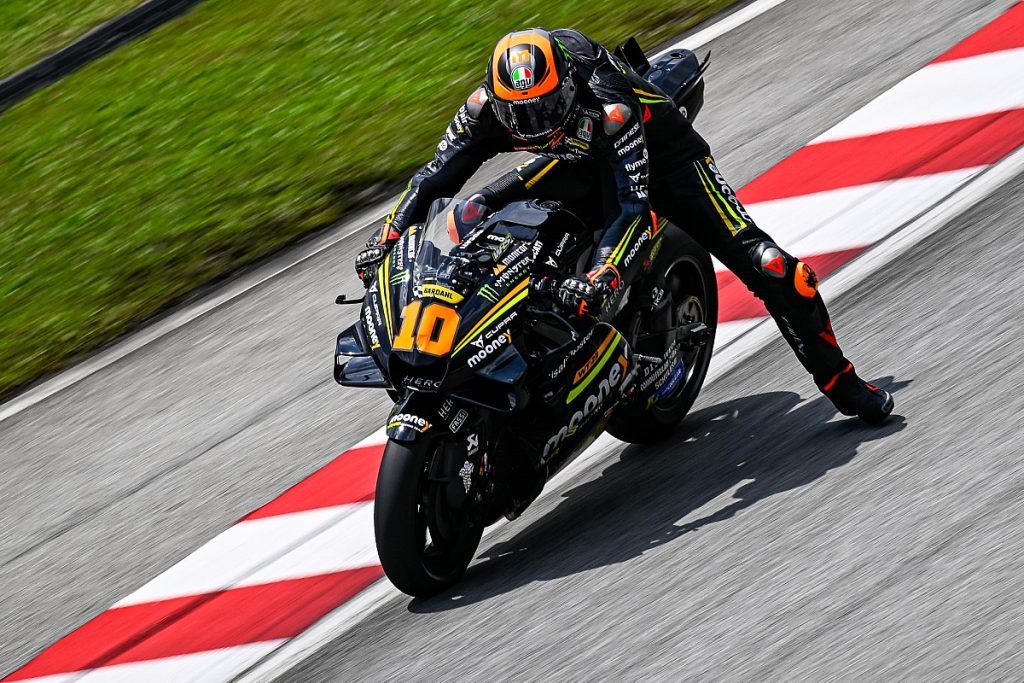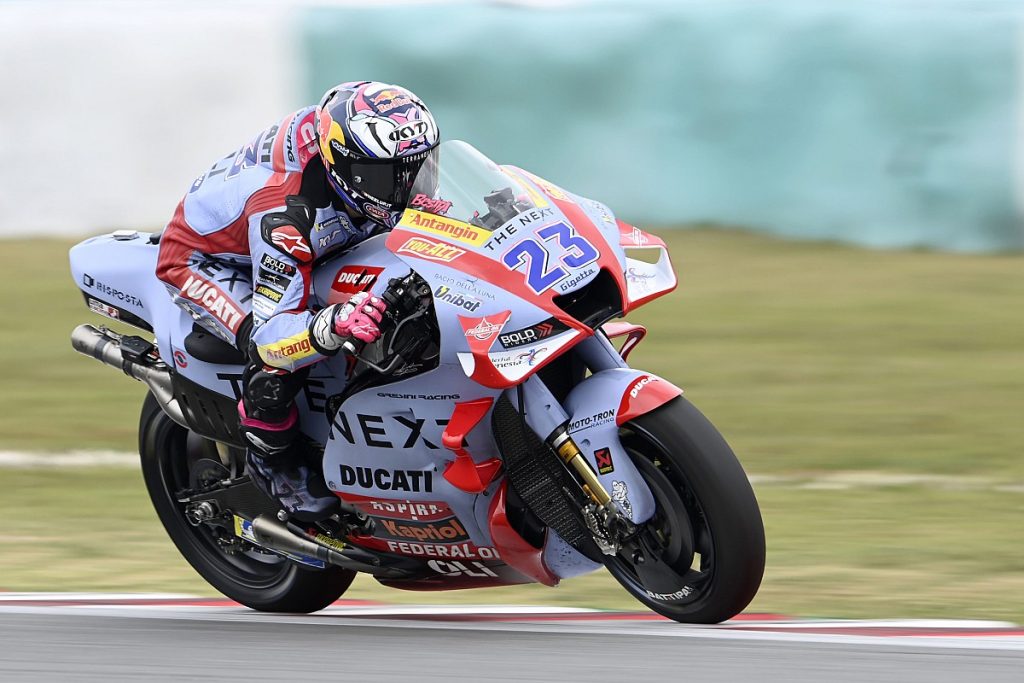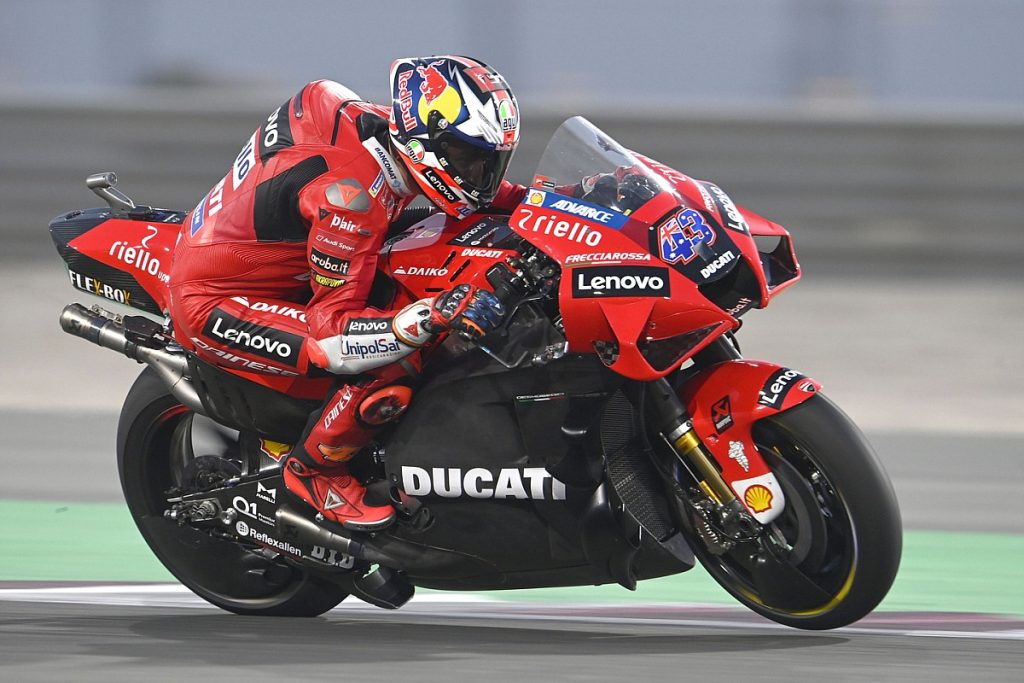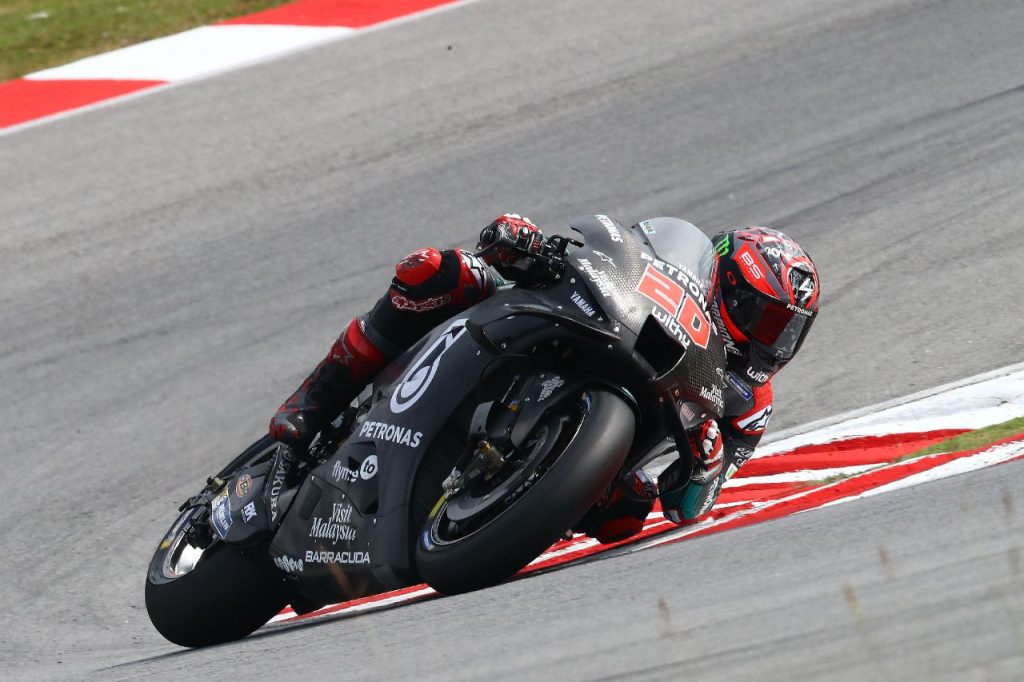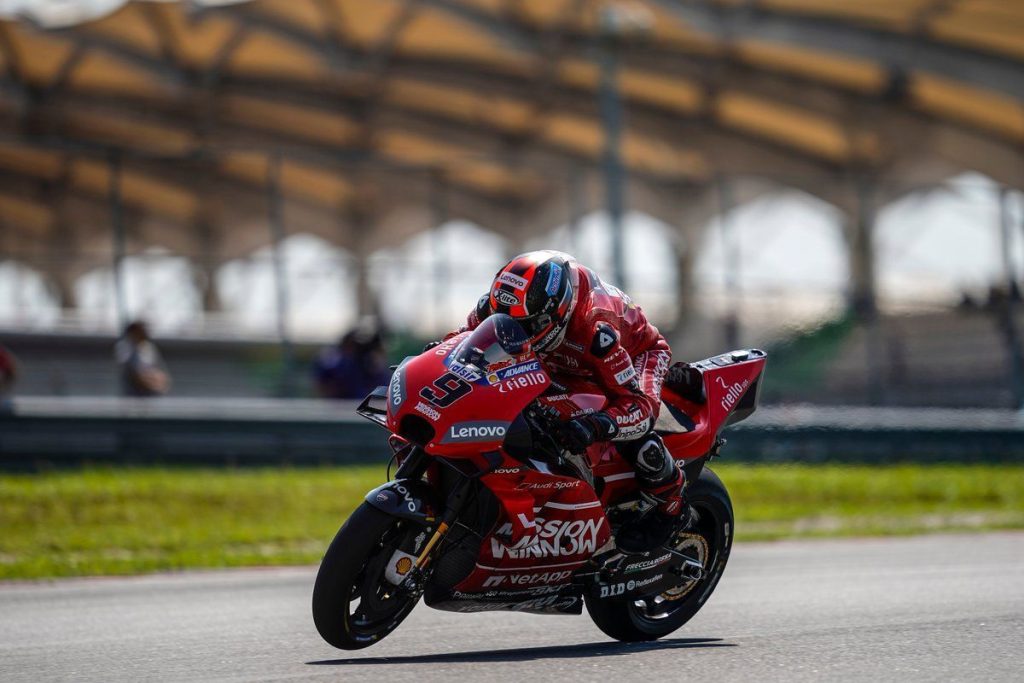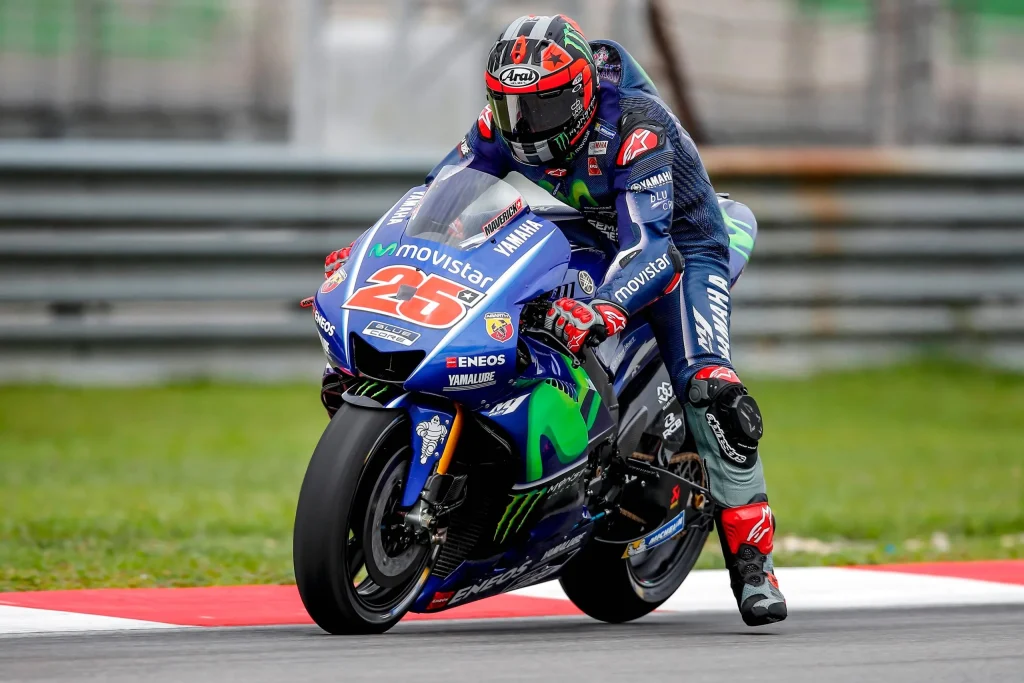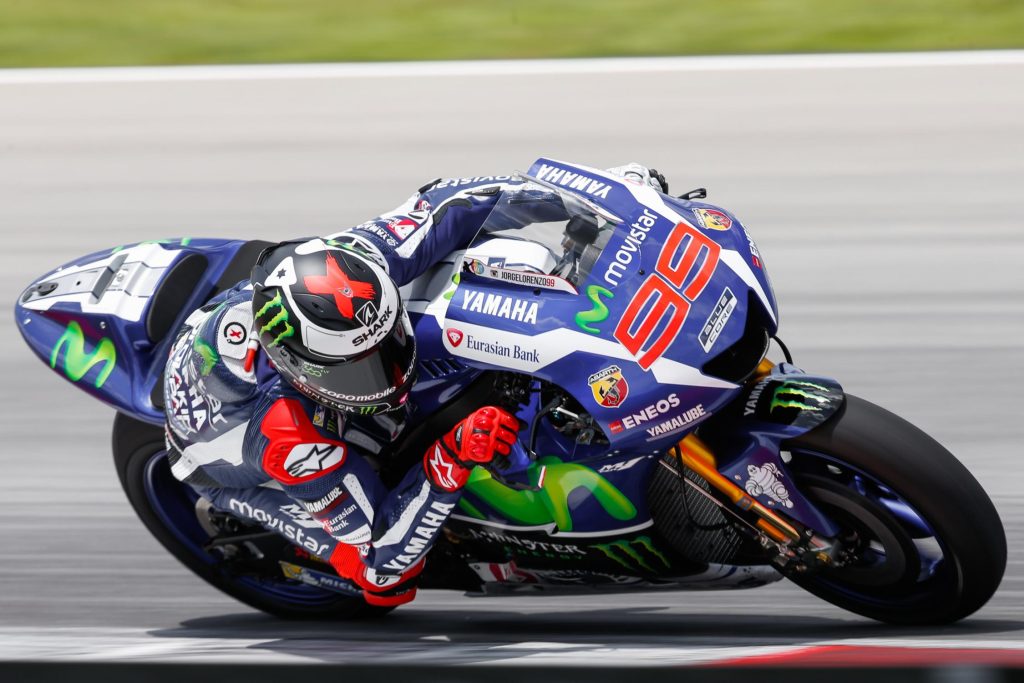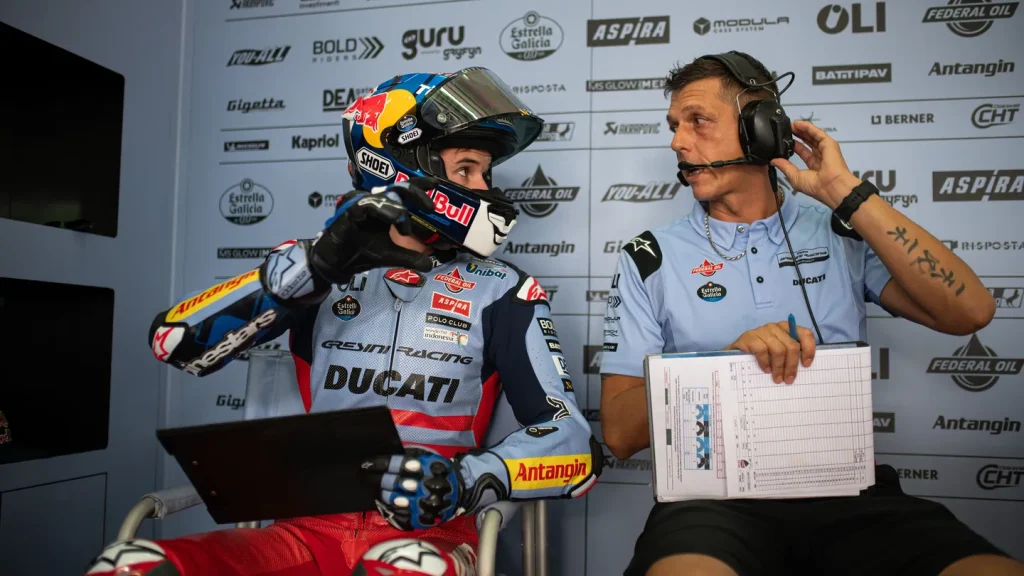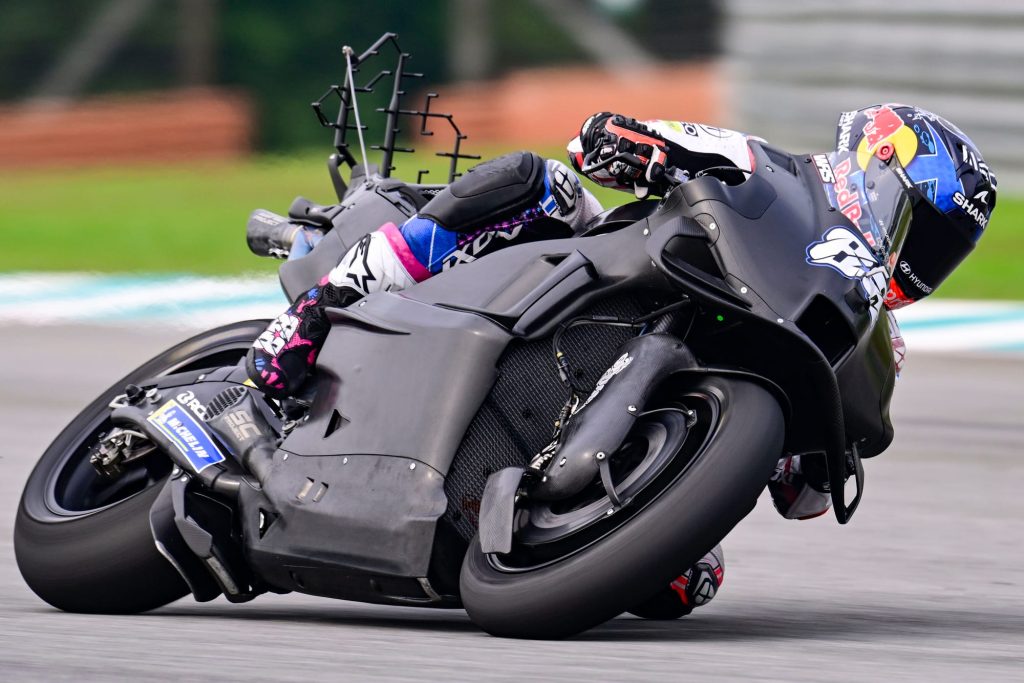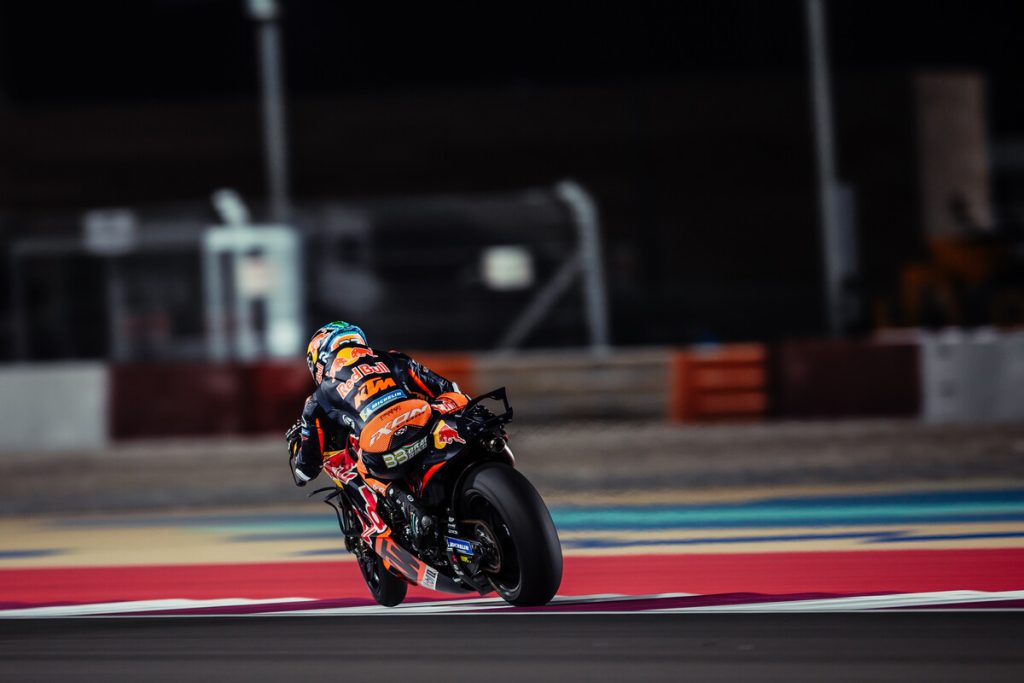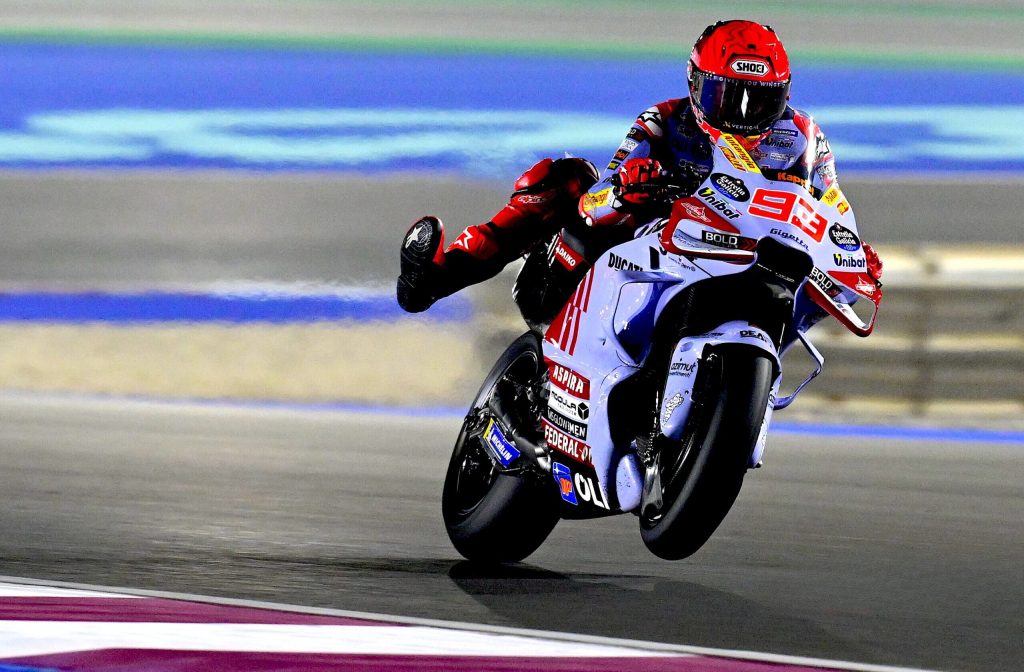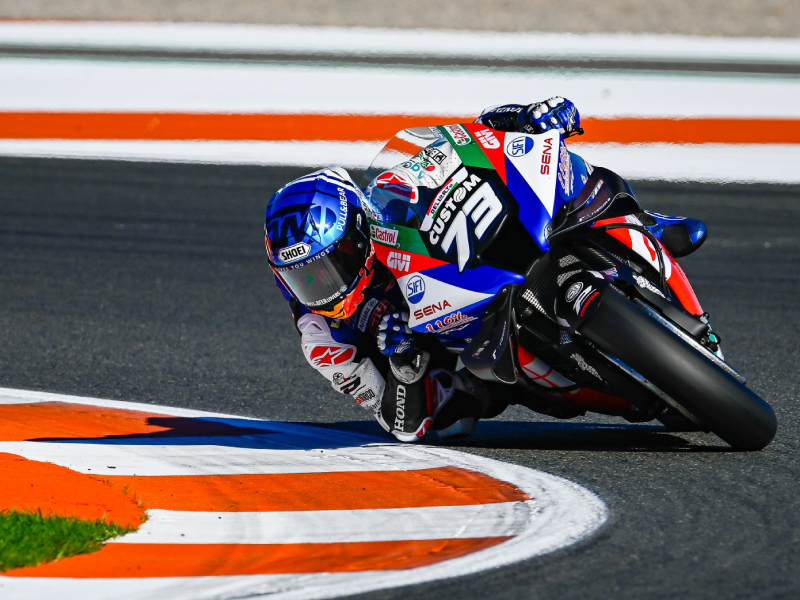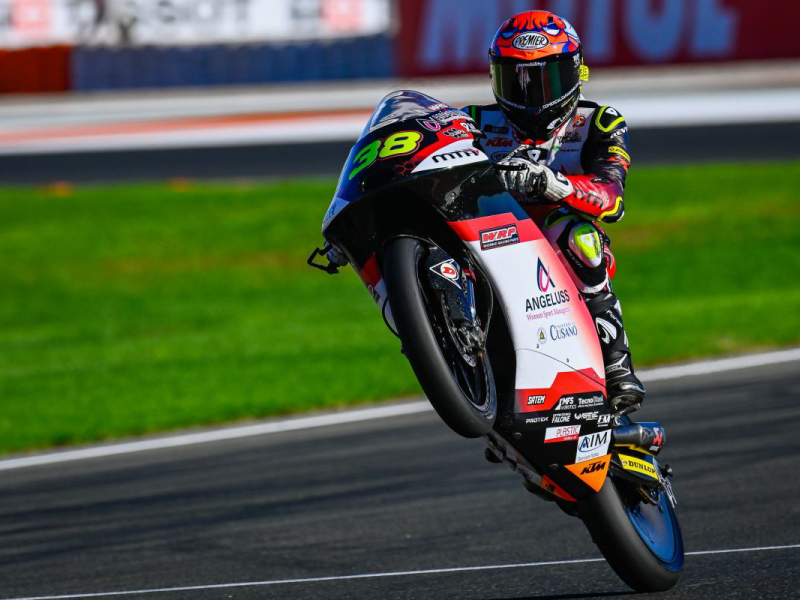2024 MotoGP news.
The silly season is fast approaching where South Africans will be glued to the TV’s screaming for their favourite rider. Here’s a little rundown on who where, what in the wonderful circus that is MotoGP
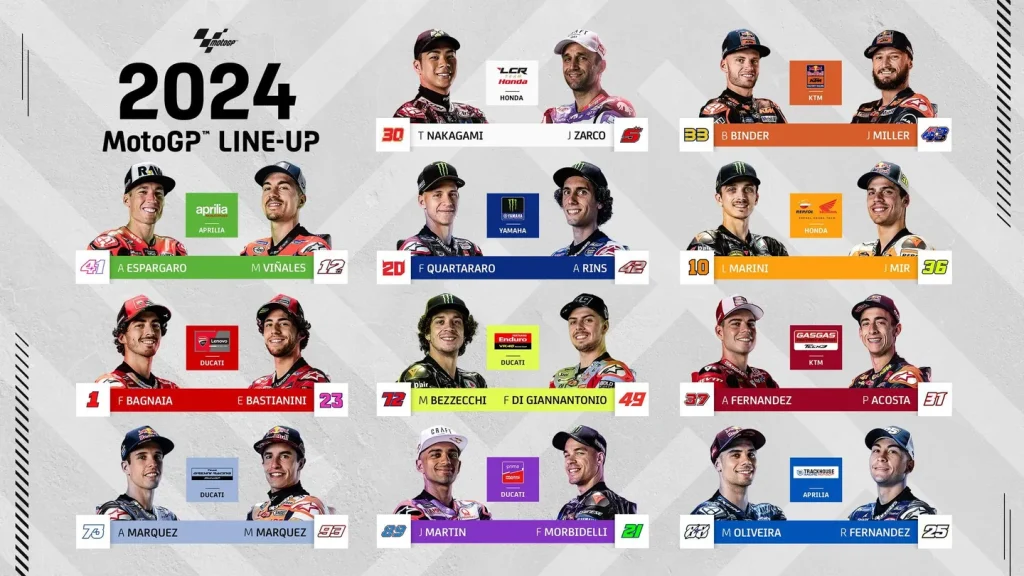
KTM had five riders contracted for just four bikes.
Jack Miller and Brad Binder will continue as the factory pair. Pedro Acosta will graduate from Moto2 into MotoGP with the Tech3 GASGAS team alongside Augusto Fernandez.
Espargaro misses out on a full-time seat but will stay with KTM ranks racing in 2024 as a wild card.
Red Bull KTM Factory Racing: Brad Binder & Jack Miller
GASGAS Factory Racing Tech3: Augusto Fernandez & Pedro Acosta
DUCATI:
There’s a test after this, so pay attention!
Francesco Bagnaia and Enea Bastianini will ride with the Ducati Lenovo Team, while Marco Bezzecchi stays with the Mooney VR46 Racing Team.
Jorge Martin stays with Prima Pramac Racing partnered by Franco Morbidelli.
Marc Marquez has moved to Gresini Racing. The eight-time World Champion will line up alongside his brother Alex Marquez.
As a result of this switch, Fabio Di Giannantonio lost his Gresini seat, but will move over to the Mooney VR46 squad for next year.
KTM:
Red Bull KTM Factory Racing will line up with Brad Binder and Jack Miller in 2024, with Binder extending his contract to 2026 at the Austrian GP.
APRILIA:
There are no rider changes for Aprilia, with Aleix Espargaro and Maverick Viñales staying with the factory outfit.
RNF has been taken over by Trackhouse Racing, the newest MotoGP team. With a NASCAR racing background the US based outfit will add some fun. Miguel Oliveira and Raul Fernandez carry on with the independent team.
Aprilia Racing: Aleix Espargaro & Maverick Viñales
Trackhouse Racing: Miguel Oliveira & Raul Fernandez
YAMAHA:
With only two bikes on the grid, Alex Rins joins Fabio Quartararo in factory blue for 2024.
Monster Energy Yamaha MotoGP™: Fabio Quartararo & Alex Rins
HONDA:
Joan Mir is partnered with Luca Marini for 2024.
On the LCR team, Taka Nakagami has signed for another season,with Johann Zarco as team mate.
Repsol Honda Team: Joan Mir & Luca Marini
LCR Honda Castrol/Idemitsu: Johann Zarco & Takaaki Nakagami.
What testing tells us about the next MotoGP season – largely nothing
Story: Donovan Fourie
After a “winter” break that seemed to go on for millennia, the MotoGP paddock is again in the actual paddock to begin pre-season testing, starting with a three-day test at the Sepang Circuit in Malaysia, followed by a two-day test under the floodlights of Qatar. Naturally, this is good news because it means that the first race beckons, and we can once again ignore our families for the sake of watching young men scream around race tracks on ridiculously fast motorcycles.
Every year we have students of MotoGP – both professional journalists and armchair analysts – pore over the preseason testing results to work out what will happen during the coming season. This happens every year and every year, people take them very seriously and every year they are usually wrong.
Just for fun, let’s take a look at the last few years of Sepang testing and compare who was fastest at the test for that year versus where they finished in the season. Here we go:
2023 Sepang test fastest: Luca Marini
2023 Luca Marini season finish: 8th
2022 Sepang test fastest: Enea Bastianini
2022 Bastianini season finish: 3rd
2021 Qatar test fastest: Jack Miller (no Sepang test)
2021 Miller season finish: 8th
2020 Sepang test fastest: Fabio Quartararo
2020 Fabio season finish: 8th
2019 Sepang test fastest: Danillo Petrucci
2019 Petrucci season finish: 6th
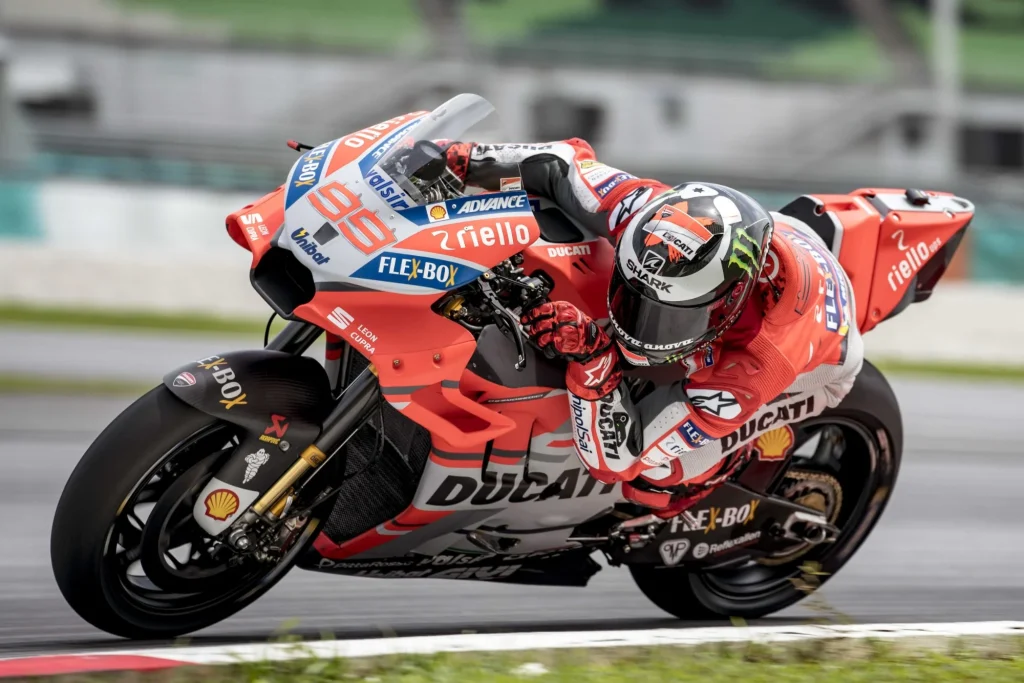
2018 Sepang test fastest: Jorge Lorenzo
2018 Lorenzo season finish: 9th
2017 Sepang test fastest: Maverick Vinales
2017 Vinales season finish: 3rd
2016 Sepang test fastest: Jorge Lorenzo
2016 Lorenzo season finish: 3rd
And so we can conclude that nobody who was fastest in the last eight years of testing has gone on to win the championship.
According to the above data, riders finishing the test fastest are most likely to finish the championship either third or eighth. Aren’t statistics wonderful?
There’s a very good reason why the year’s champion usually does not top the testing timesheets, and it’s because, to the championship contenders, preseason testing is work and not a chance to go as fast as possible.
There are various components (or component groups) on a MotoGP bike – motor, frame, suspension, electronics, tyres and aerodynamics. Plus probably some weird Kryptonian gamma ray device hidden in the bowels of the bodywork that we know nothing about yet.
The engineers set up a testing plan laying out what rider will be testing what components and when, and then it’s the team’s and rider’s job to tick the entire list before the test ends.
More specifically, the rider has to help the team decide which components are better than others, and that entails doing back-to-back runs with both and seeing the difference. Part of the decision will be down to the rider’s feel – if the rider is more comfortable and more confident with one component, chances are it’s the better component. But it’s also down to lap times and which generates better ones.
This is where it gets complicated – if the rider is working on his own riding while testing components, then there’s a chance he will ride a better lap with one set of components than another. This could corrupt the decision-making process because an inferior component could put in a better time based solely on the rider doing a better lap.
What is needed when going through the list of components in consistency. The rider needs to circle in much the same manner every lap and let the components do the work, let better components put in better lap times.
These are factory teams and factory riders. It’s not necessarily the case for satellite teams riding hand-me-down bikes from last year. If there are new components, they are few. These riders spend most of the test working on their riding and their setup, fine-tuning the best possible lap and lap time. More so, these riders start with hard drives of data from previous years and get the ball rolling with a pretty good base.
The factory riders on new bikes have no such luxuries and often spend so much time on components that they never get a chance to work on setup until the first round. Some teams even spend the first practice session of the first round finishing off component testing.
However, the testing sheets we see are a list of the best laps the riders did throughout the test. One good lap makes you look like a king on the sheets. Very often, the non-factory riders can put in more hot laps and more refined hot laps than the factory riders. Or, some factory riders have less to test than others and are also able to do more setup and more hot laps than others.
For example, at the Qatar test a couple of days ago, Brad Binder was doing long runs on the last day, putting laps on tyres and seeing how everything copes over a long distance. During these runs, it’s impossible to do a hot lap.
At the end of the run, he had some sort of technical malfunction and had to park next to the track. By the time he managed to get out again to do a hot lap, Qatar was already well into the night, the temperature had started plummeting and dew had started forming. It was hardly good conditions to break lap records, and yet he managed to put his KTM in ninth place. Perhaps, if he had done the lap sooner in the evening, he might be much higher.
So really, what we are seeing is which riders had the most time to do hot laps.
That’s not going to stop us from poring over the timesheets though.
If anything, it’s something to do while we eagerly await Round One…

